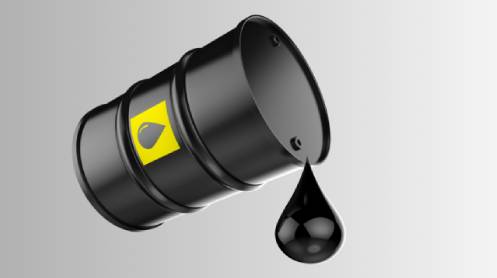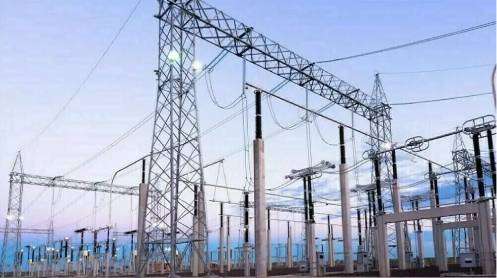ISLAMABAD, June 17, 2025: In light of escalating regional tensions following Israel’s recent airstrikes on Iran, the Government of Pakistan is exploring alternative oil import routes via pipelines from Saudi Arabia and the United Arab Emirates (UAE) to ensure energy security in the event of a possible closure of the Strait of Hormuz.
During the inaugural meeting of a newly formed high-level committee chaired by Finance Minister Muhammad Aurangzeb, officials discussed the potential impact of a worst-case scenario where the vital maritime corridor—responsible for nearly 20% of global oil supply—is blocked.
The Petroleum Division warned that such a shutdown could push international crude oil prices to \$100–150 per barrel, severely affecting global markets, including Pakistan.
To preempt disruptions, the government is evaluating the use of existing pipeline infrastructure. Saudi Arabia’s East-West Pipeline (Petroline), which connects oil fields to the Red Sea port of Yanbu, and the UAE’s Abu Dhabi Crude Oil Pipeline (Adcop), which delivers oil to the port of Fujairah bypassing the Strait, are under consideration as alternative supply routes.
Officials also proposed utilizing abandoned power plants with available furnace oil storage capacity of up to one million tons. The government is considering purchasing these storages, currently set to be sold as scrap by the power sector, to enhance strategic reserves.
The high-level committee, formed by Prime Minister Shehbaz Sharif, includes top officials from federal ministries, regulatory bodies, and energy experts. It will closely monitor petroleum pricing and supply dynamics as geopolitical instability continues to roil global energy markets.
Story by Zafar Bhutta







